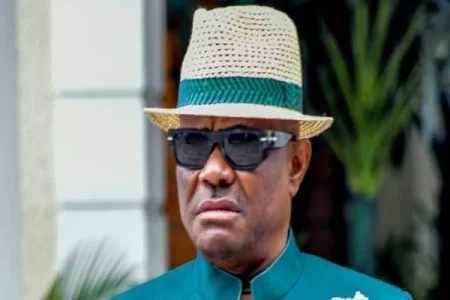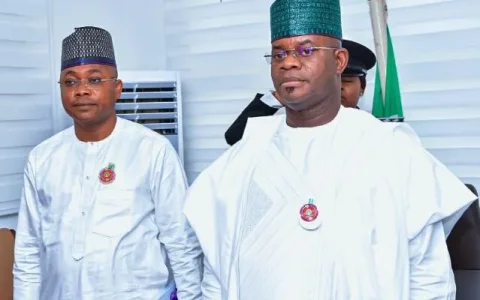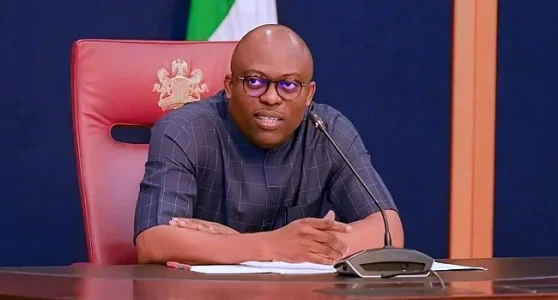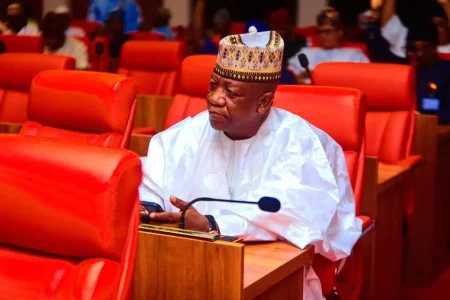
Nyesom Wike, the Minister of the Federal Capital Territory, clarified that the construction of homes for judges is a policy initiated by President Tinubu to promote judicial independence, not his own. Despite criticism, Wike stressed that his role was solely to implement the project approved in the 2024 budget.
In a recent media chat, Nyesom Wike, the Minister of the Federal Capital Territory, clarified his role in the controversial construction of homes for judges in Abuja. This initiative, which was part of the 2024 federal budget, has faced significant criticism from some quarters, including human rights lawyer Femi Falana, who questioned the motives behind the project.
Wike responded to these criticisms, emphasizing that the construction of homes for judges was not his policy but rather part of a welfare package put forward by President Bola Tinubu. He explained that the project was approved as a way to ensure the independence of the judiciary by providing judges with secure, independent residences, free from the potential influence of external pressures.
According to Wike, President Tinubu had observed that judges were living in rented accommodations, which could make them vulnerable to manipulation, and thus, the construction of these homes was deemed essential.
The FCT Minister stressed that his role was merely to implement the policy, which had already been legislated by the National Assembly and signed into law by President Tinubu. He further stated that the approval for the project had been given by the Federal Executive Council, and he was simply fulfilling his duties as a minister. While acknowledging that the idea of building homes for judges was something he had previously implemented as the governor of Rivers State, Wike maintained that there was nothing wrong with such a policy. He lamented the criticism of the project, particularly from the legal profession, and called for more support for initiatives that aim to enhance the judiciary's independence.
This clarification follows earlier comments from Falana, who had raised concerns about the potential for political manipulation tied to the provision of such benefits.




